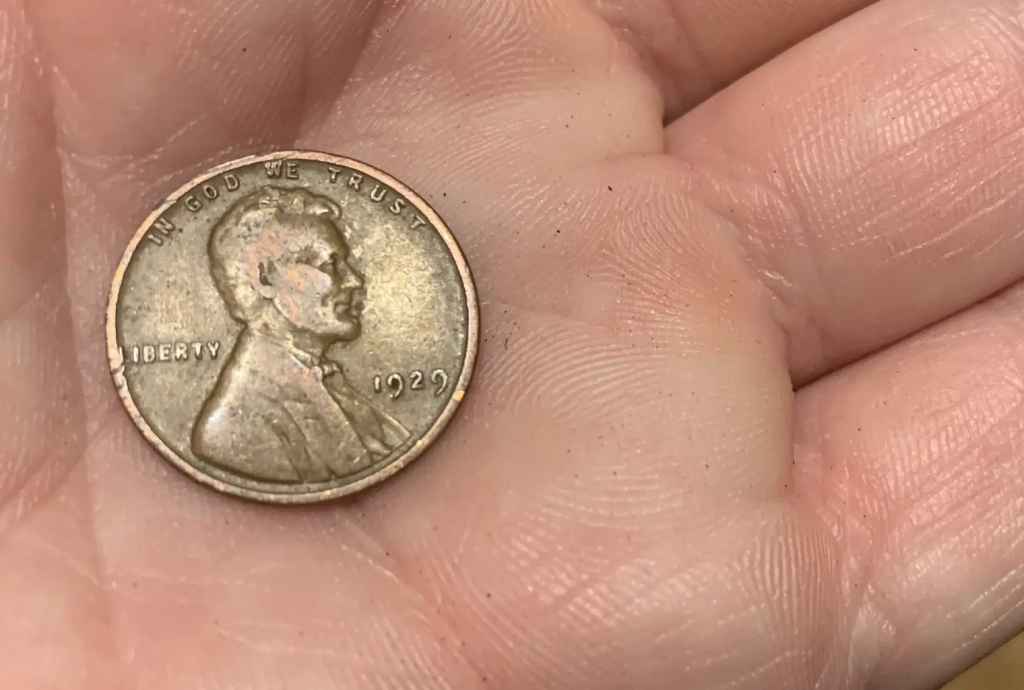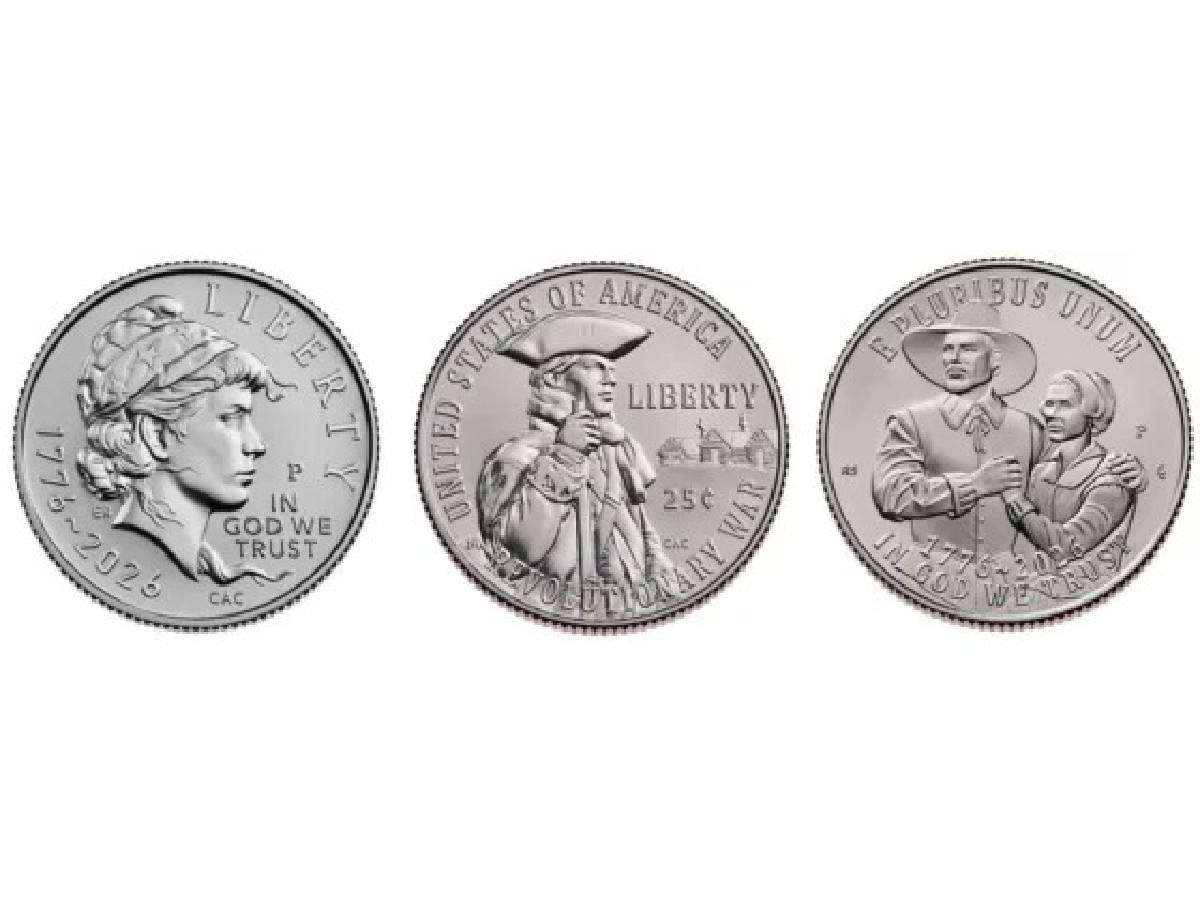Find a 1929 penny and want to know its value?
If you’re hoping 1929 Lincoln wheat pennies are worth more than face value, you’re in luck.
Some 1929 pennies are worth at least a few cents, others a few thousand dollars or more.
So how much is your 1929 Lincoln cent worth?

It’s the type of question for which so many people are seeking answers.
That’s probably because the Lincoln cent, originally designed in 1909 by sculptor Victor David Brenner, is one of the most popular coins around.
So many folks collect Lincoln cents — and many of these old pennies are worth some big bucks!
Let’s look at 1929 Lincoln wheat penny values.
Current 1929 Penny Value
Seems like old pennies would be worth a ton — especially because they’re usually so hard to find in pocket change.
But the reality is millions of wheat cents were made in 1929, and many of them are in the safe keeping of coin collectors — so these old pennies are actually not rare coins, as some may think.
They’re obsolete coins that coin collectors love, and they do have nominal premium value at the very least.
Virtually all 1929 pennies are worth more than face value. Even examples in the worst possible condition are worth around 2 cents or so for their copper content.
So, how much is your 1929 penny worth? Let’s find out now…
1929 No Mintmark Penny Value
Of all 1929 pennies, those that were made at the Philadelphia Mint are the most common. These don’t have a mintmark (that little letter under the date on some Lincoln cents).
A whopping 185,262,000 Lincoln wheat cents were struck in 1929, and millions of these old coins still exist.
- In well-worn condition, values range between 7 and 50 cents.
- Find a worn example with more details? Lightly worn examples are worth a little more — between $1.50 to $3.
- Uncirculated examples are worth about $7 and up, with more value for specimens with few surface marks and original reddish color.
- The most ever paid for a 1929 penny is $5,581.25. It was sold in 2014 at auction and is a really nice example graded and slabbed by Professional Coin Grading Service (PCGS) as an MS-67+ Red.
1929-D Penny Value
The 1929-D Lincoln cent is the scarcest of the 3 kinds of Lincoln cents struck that year. A total of 41,730,000 pennies with the “D” mintmark were made at the Denver Mint that year.
It’s hard to find 1929-D pennies in pocket change, but they aren’t rare. Generally, they’re only really valuable in lightly circulated or uncirculated condition. Heavily worn pieces aren’t worth very much money.
- 1929-D pennies exhibiting few or no details on Lincoln or the wheat stalks are worth less than $1.
- Lightly worn examples are worth around $3.50 to $8.
- Uncirculated pieces are worth about $20 or more.
- The most valuable 1929-D penny ever sold was graded MS-66 Red by PCGS and took $5,290 in 2004.
1929-S Penny Value
Scarcer than the Philly-minted pennies of 1929, the San Francisco-minted Lincoln wheat cent with an “S” mintmark is tough to find in circulation. But it’s not quite as scarce as the 1929-D penny.
A total of 50,148,000 Lincoln wheat pennies were struck at the San Francisco Mint in 1929. Many of these have been preserved by coin collectors.
Well-worn 1929-S Lincoln cents, typical of what you’d find in pocket change, aren’t worth a whole lot of money. But they’re not worthless!
- Heavily worn 1929-S Lincoln cents are worth between 50 cents and $1.50.
- Examples with only light wear are worth $5 to $15 apiece.
- Uncirculated specimens have a value of $25 or more.
- $14,400 for a penny? Well, that’s what somebody paid in 2019 for a 1929-S penny graded by PCGS as MS-66+ Red!
IMPORTANT: What Is The Grade Of Your 1929 Penny?
To determine the true value of your 1929 wheat penny, you first need to know what condition (or grade) your coin is in.
Grab a coin magnifier and a copy of the U.S. Coin Grading Standards book. Then, watch this video to see how to grade coins yourself at home:
These are the best coin grading apps that make grading coins yourself much easier.
A List Of Rare 1929 Penny Errors You Can Find In Circulation
Some of the most valuable 1929 Lincoln cents are those with errors and other mistakes.
Of course, these are much scarcer than so-called normal coins. Therefore, they are much harder to find than run-of-the-mill wheat pennies. But they’re definitely worth the search!
So, what types of error coins should you be looking for?
Here’s a rundown on the most frequently encountered and valuable 1929 error coins:
1929 Doubled Die Pennies
There is probably no error more sought after than doubled dies. These are created when the hub, which impresses the design on a working die, twice and in 2 different angles of rotation.
There are minor doubled dies known for various 1929 wheat pennies from all 2 mints that struck them:
- 1929 doubled die penny — Doubling is evident on the reverse (tails side) in the inscription E PLURIBUS UNUM and in the wheat ears. This and similar doubled die pennies are worth anywhere from $10 to $50, perhaps more.
- 1929-D doubled die penny — There’s a doubled die 1929-D Lincoln cent with evidence of doubling on the obverse (heads side) in the motto IN GOD WE TRUST. This piece isn’t traded in the marketplace very often. But, it is visible with the naked eye and is most likely worth in the $50 to $100 range, given prices for similar pieces.
- 1929-S doubled die penny — Some 1929-S pennies exhibit evidence of a doubled die on the obverse in the date and inscriptions, including IN GOD WE TRUST and LIBERTY. Pieces like this are worth anywhere from $25 to $75+.
1929 Pennies With Off-Center Errors
When coins aren’t struck perfectly square, they end up missing some of the design.
Many off-center errors are only 1% to 3% off and aren’t worth very much money — even though they are, technically, error coins. Once a coin is about 5% off or more, its value as an error coin begins increasing — with the coin being worth greater amounts the more drastic the error. The most valuable off-center coins show 65% or more of the coin’s design missing but with the date still fully visible.
Older off-center errors, such as 1929 pennies showcasing this striking mistake, are worth more because they’re much rarer than more recent error coins:
- A 1929 penny that’s 10% or 20% off center may bring $50 or more.
- A 1929 Lincoln cent that’s more than 50% off center is worth hundreds of dollars!
1929 Pennies With BIE Die Breaks
Die breaks or die cracks occur when an aging or stressed die begins cracking. These little cracks on the die create raised lines on the surface of the finished, struck coin. Coin collectors love die cracks because they are such drastic-looking errors.
The sky’s the limit when it comes to all the possible ways a die crack may translate on finished coins — but one particularly common type of die crack error on Lincoln cents involves the appearance of a raised vertical line between the “B” and “E” of LIBERTY on the obverse of the coin. This is apparently a spot on the die prone to cracking. More than 1,500 types of BIE errors exist among Lincoln cents, making this one of the most widely collected types of die break error coins.
As for 1929 BIE pennies, they are pretty scarce as a class. However, some are well known and are enthusiastically collected. These range in value from $5 to $15 — with some worth more for pieces that are well preserved or exhibit a particularly strong die break.
My Tips For Collecting 1929 Wheat Pennies
Now you know how much 1929 pennies are worth, what types you can collect, and how to look for errors. But there are a few more things you should know about the 1929 penny…
Most important, collectors who are assembling sets of Lincoln cents will find that the pennies of the late 1920s are generally more common than those from the early 1930s.
As you may know, the Great Depression began in 1929 and its beginning is often marked by the tragic stock market crash that year. This prolonged period of economic disaster, affecting the United States and many other nations, lasted through the 1930s and didn’t really come to a close until America entered World War II in 1941.
If you collect Lincoln cents and are interested in assembling a set of pennies spanning the entire series from 1909 through the present, be sure to pay careful attention the quality of the coins in your collection.
When buying old pennies, buy the best you can afford. Should you decide to sell these coins later on, they’ll attract higher offers than Lincoln wheat pennies in poor condition.
Your old 1929 wheat pennies are scarce collectibles and can help tell a story about the past. Surely they’ll make fine additions to your coin collection!




